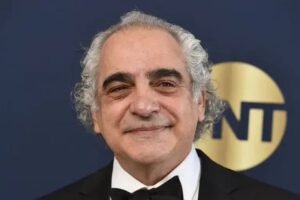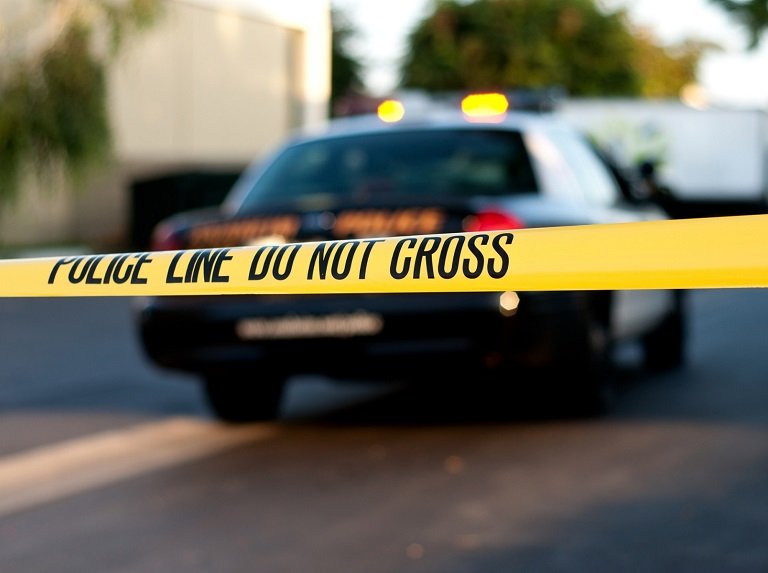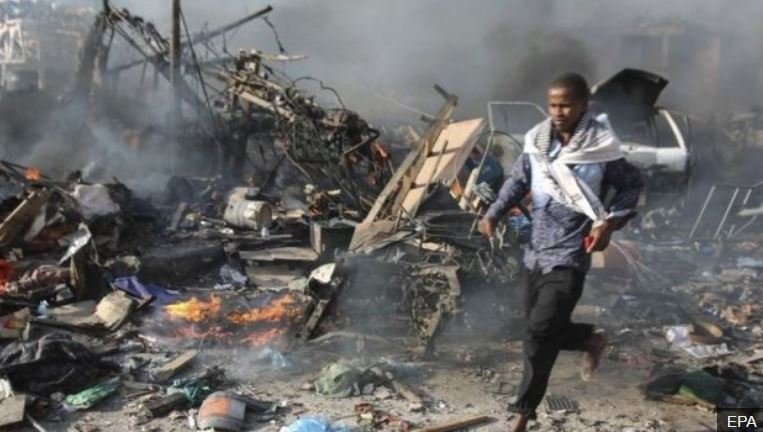
At least 11 people are dead and 16 others have been injured after an attack on football fans in South Sudan, local media report.
A gunman opened fire on a crowd watching an English Premier League game near the town of Juba.
South Sudan’s National Courier newspaper said the gunman had escaped despite a “prompt response” from security forces.
Police are investigating, but have not yet identified a motive.
The incident took place in Gure, a suburb of Juba, the South Sudan capital.
The city was hit by violence earlier this year as rival political factions clashed, prompting the vice-president, Riek Machar, to flee the country.
In December 2013, a political power struggle broke out between President Kiir and his former deputy Riek Machar, as the president accused Machar and ten others of attempting a coup d’état.
Fighting broke out, igniting the South Sudanese Civil War. Ugandan troops were deployed to fight alongside South Sudanese government forces against the rebels.
Numerous ceasefires were mediated by IGAD between the SPLM and SPLM – in opposition and were subsequently broken. A peace agreement was signed in Ethiopia under threat of United Nations sanctions for both sides in August 2015.
Machar returned to Juba in 2016 and was appointed vice president.
Following a second breakout of violence in Juba, Machar was replaced as vice-president and he fled the country.
Up to 300,000 people are estimated to have been killed in the war, including notable atrocities such as the 2014 Bentiu massacre.
Although both men have supporters from across South Sudan’s ethnic divides, subsequent fighting has been communal, with rebels targeting members of Kiir’s Dinka ethnic group and government soldiers attacking Nuers.
More than 1,000,000 people have been displaced inside South Sudan and more than 400,000 people have fled to neighbouring countries,[53] especially Kenya, Sudan, and Uganda, as a result of the conflict.
The government is meant to oversee a transitional period leading up to elections in 30 months – a possible future source of tension given Machar’s seeming determination to become president and President Salva Kiir’s apparent refusal to support it.[55]










